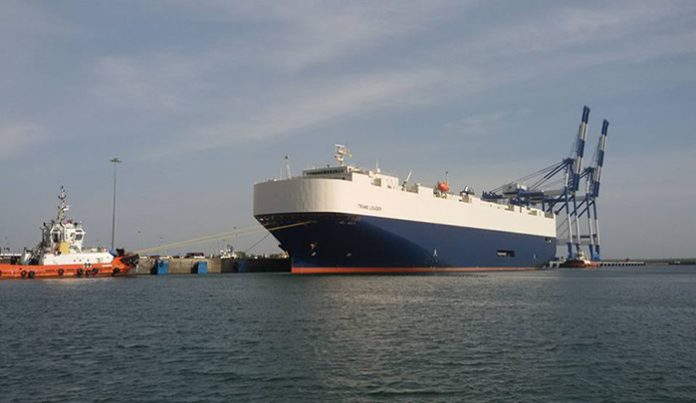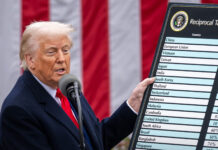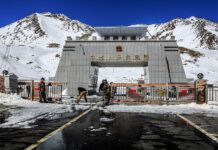
COLOMBO: China vowed on Thursday to keep providing financial help, including loans, to Sri Lanka under its massive “Belt and Road” infrastructure plan despite warnings about the island nation’s debt mountain.
Dismissing “Western media” claims of a “debt trap”, China’s embassy in Colombo also rejected a recent New York Times report about alleged corruption in Chinese projects on the island.
Sri Lanka last year granted Beijing a 99-year lease on a new port on one of the world’s busiest shipping routes after being unable to afford to repay Chinese loans for the $1.4 billion project.
This stoked concerns, including in Western countries and India, about President Xi Jinping’s signature $1 trillion project of funding infrastructure projects across Asia and beyond.
The embassy statement put China’s Sri Lankan loan portfolio at $5.5bn, just over a tenth of Colombo’s total $51.82bn external debt. It did not disclose what other projects it aims to finance.
“China will continue to provide selfless support, including much-needed funds for the development of Sri Lanka,” the statement said.
“The so-called ‘Debt Trap’ is a false proposition created by the Western media, with a direct attempt to obstruct the joint development of China and other developing countries, including Sri Lanka,” it said.
The Hambantota port is not the only Sri Lankan project to hit difficulties.
A new international airport built with Chinese help is a flop with no airlines using it.
Both Mattala International airport and the deep-sea port in the south of the island were built during the tenure of former strongman president Mahinda Rajapakse in his home constituency.
The International Monetary Fund, which bailed out Sri Lanka in June 2016 with a $1.5bn staggered loan, has warned that Colombo could have to turn over more assets to Beijing.
The New York Times alleged in June that Rajapakse’s campaign got millions of dollars for his failed 2015 election bid from the Chinese company that built the Hambantota port.
Two Sri Lankan reporters who helped the US daily have faced intense personal abuse on social media and public criticism by MPs loyal to Rajapakse, prompting the paper to slam what it called an “intimidation campaign”.
The report has sparked a furore on the island. At the weekend Rajapakse, 72, denied receiving campaign funding from the Chinese and accused the New York Times of a smear campaign against him.























Total sellout to chinese!
Comments are closed.